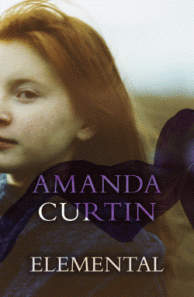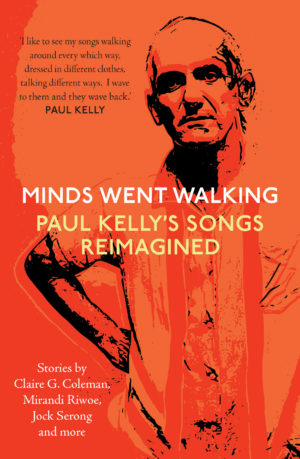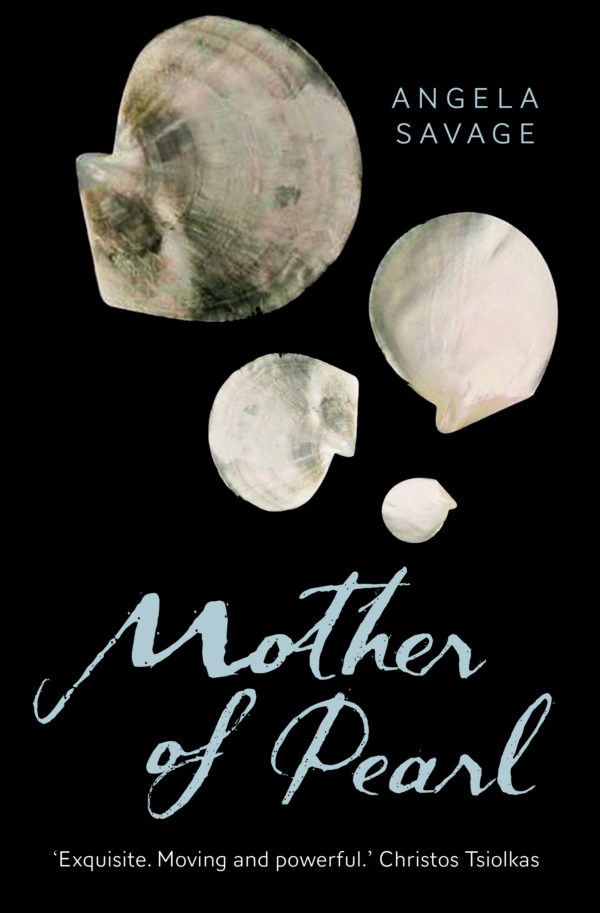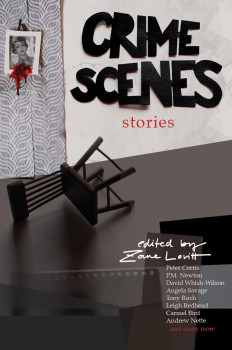 I finished reading Amanda Curtain‘s novel Elemental by candlelight during a power outage in Melbourne in the middle of a recent heatwave, and I felt as though I’ve been given a precious gift. Exquisitely crafted and vividly realised, Elemental is a big, generous book; there is so much I loved about it that it’s hard to know where to begin.
I finished reading Amanda Curtain‘s novel Elemental by candlelight during a power outage in Melbourne in the middle of a recent heatwave, and I felt as though I’ve been given a precious gift. Exquisitely crafted and vividly realised, Elemental is a big, generous book; there is so much I loved about it that it’s hard to know where to begin.
The first three-quarters of the book are narrated by Meggie Duthie Tulloch in the form of notebooks she is leaving for her granddaughter Laura, whom she touchingly calls lambsie. The notebooks are named for the elements.
‘Water’ covers Meggie’s childhood from 1891-1905, growing up in the fictional town of Roanhaven, ‘a village as far north-east as you can go on the Scottish mainland, closer to Norway than London’, a place so parochial that a town two miles away is considered stranger-land.
‘Air’ traces Meggie’s life from 1905-1909 when she relocates to the stranger-land of Gremista in the Shetlands to work as a fish-gutting girl, where she tastes independence and falls in love.
The third notebook, ‘Earth’, covers Meggie’s life from 1910-1932 after she and her cooper husband Magnus Tulloch, migrate to Freemantle in Western Australia.
Interspersed with these memoirs are notes addressed to her lambsie dated between 1972-1974.
Meggie tells her story using Scots, Shetland and Doric words, the latter referred to by the author in a glossary as ‘the richly expressive dialect spoken in north-east Scotland’. The glossary is helpful, but not essential. We can figure out from the context that the ‘but-and-ben’ where Meggie is born is a humble two-room cottage; a ‘gipper’ is a small knife for gutting; a ‘kirk’ is a church; and a ‘quinie’ a term for a girl.
The dialect words animate Meggie’s character and immerse us in her world, a place where men’s labour is prioritised so greatly above all else, when the fishing boats are ready to set sail, the ‘wifies’ hitch up their skits and ferry their men and their gear from the shore on their backs. As Meggie’s mother explains:
The men must be kept fit for work, quinies. They must keep their seaboots dry for the spell at sea. No fish, no money, see? No fish, no food!
We know Meggie will make her own way when she makes the promise to herself: ‘I would carry no man on my back.’
In a place where the sea is considered a witch and the devil lies in wait around every corner, Meggie has the multiple liability of being a girl, clever and an accursed ‘reid-heid’ (redhead). Despite these odds, and the tragedies that befall her and her family, she takes pride in the life I have made from the life given to me, as she tells her granddaughter.
Meggie’s story is so compelling, there is a moment of loss at first when the books changes pace and voice in the final quarter. This coda, called ‘Fire’, takes place in 2011 and is told from the perspectives of Laura and her daughter-in-law Avril, as they anxiously await the fate of their son and husband, Cooper, a firefighter critically injured trying to rescue a girl from a house fire. It is a measure of Curtin’s talent that the sense of loss is short-lived, replaced by suspense, not knowing if Laura will receive her grandmother’s memoirs and, if she does, whether she will read them and what effect they will have.
In my experience, the book’s structure is true to the way memory works, adding to the authenticity of Meggie’s character. I was fortunate to have one grandmother live until I was well into my forties (she died weeks shy of her one-hundredth birthday), and can appreciate how distant memories become most vivid with age. So it is with Meggie, the first half of the book devoted to the first 18 years of her life, the following 22 years of memories taking up half as much space again, the second half of her life more or less truncated into a coda.
Elemental is rich in historical detail, from the unforgettably harsh conditions of village life in remote coastal Scotland, to the challenges facing migrants in early twentieth century Freemantle. This detail is woven seamlessly and skilfully into the story, never jarring or slowing down the pace of the narrative.
Ultimately, Elemental is a book to savour and reflect on. Curtin poses big questions about remembering and the repression of memory, about fear, courage, love and forgiveness. These themes and the characters who bring them to life will stay with me for a long time to come.
Elemental by Amanda Curtin (2013) is published by UWA Publishing. This is my first review for the Australian Women Writers Challenge 2014, which seems appropriate seeing as how Amanda Curtin inspired me to sign up this year.







Totally agree with everything you say, Angela. Elemental is up there with the best of them. I’m glad Amanda Curtin is getting the credit she deserves.
LikeLike
I’m a relative newcomer to Amanda’s writing, Fe, but I’ll definitely be seeking out more.
LikeLike
Angela – This sounds like such a rich story! And I love the combination of personal story, history, culture and language. Sorry about the heat wave without aircon, but it certainly sounds as though you found more than relief.
LikeLike
Margot, this is a great read – and the setting is so vividly realised, I was almost distracted from the heatwave!
LikeLike
This book sounds wonderful. I love books that are partly set in the present, but that also have a strong voice from the past as part of the narrative.
LikeLike
I highly recommend this one, Caron.
LikeLike
Thank you, Angela. This is such a lovely, thoughtful review, attentive to so many things that are important to me. I’m so thrilled that you liked Elemental 🙂
LikeLike
I am glad to know that, Amanda. Congratulations on a beautiful book. I’m going to be evangelical in promoting Elemental.
LikeLike
Aren’t you lovely! Thank you, Angela 🙂
LikeLike
Sounds wonderful, Angela – I’ve been reading a lot about the Scottish diaspora one way and another recently, and this sounds like a strong addition to a bit of history that hasn’t been fully explored yet. Thanks for highlighting it. 🙂
LikeLike
FictionFan, this will definitely appeal if you are interested in the Scottish diaspora. And I certainly found the historical information enlightening.
LikeLike
Pingback: TBR Thursday 12… | FictionFan's Book Reviews
Pingback: January 2014 Roundup: Classics and Literary | Australian Women Writers Challenge
Pingback: January 2014 Wrap Up: Historical Fiction | Australian Women Writers Challenge
Pingback: Review: ELEMENTAL by Amanda Curtin | Reactions to Reading
Pingback: Six degrees of separation: Burial Rites | Angela Savage
Pingback: Interview with ‘Elemental’ author Amanda Curtin | Australian Women Writers Challenge
Pingback: Australian Women Writers Challenge—2014 wrap-up | looking up/looking down
Pingback: Australian Women Writers Challenge 2014 wrap-up | Angela Savage
Pingback: January 2014 Roundup: Classics and Literary | New Australian Women Writers Challenge Blog